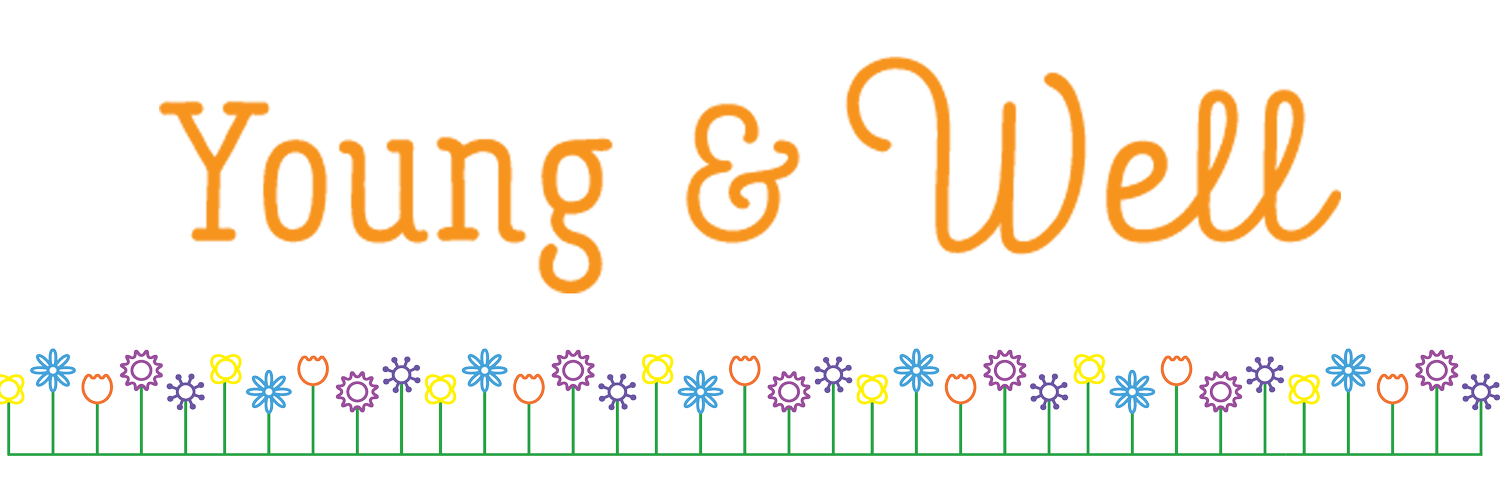When Should I Seek Occupational Therapy?
It can be difficult to know if your child is struggling with developmental skills or if they are at a developmentally appropriate level. Here’s a checklist for you before you contact your child’s pediatrician or an occupational therapist.
What does my child have difficulty with?
Difficulty sustaining attention, following directions, and/or saying tasks are “too hard” or “I can’t”
Trouble with dressing, zipping coat, or tying shoes
Fearful of playground equipment or needs a lot of assistance to figure out how to move body
Unable to open containers, messy eater, difficulty drinking from a cup, and/or difficulty using utensils
No interest in or avoids puzzles, fine motor activities, and/or drawing and coloring activities
Often hits, pushes or grabs other children
Difficulty making friends or participating in cooperative play
Night waking or nighttime bed wetting
Toilet learning difficulties, delayed toilet learning, or toileting regressions
Uncooperative with change and transitions and is inflexible
Melts down with haircuts, bathing, hair washing, unexpected touch and/or messy play/getting dirty
Avoids large groups, overreacts to loud sounds, and/or difficulty participating when in a large group
Selective eater, does not eat many foods or gags often
Many “tantrums”
Seems driven by a motor, unable to sit still and is in constant motion
Seems weaker than other children, has low endurance
How much of an impact do these things have on my child’s daily life?
Significant impact
Moderate impact
Some impact
No impact
Have I…
…discussed concerns with our pediatrician? Do they share my concerns?
…spoken to my child’s family members, friends, daycare workers, babysitters, and/or teachers? Do they share my concerns?
…eliminated or reduced screen time each day?
…provided opportunities for gross motor (moving their body) and fine motor (using their hands to play) activities?
…considered my child’s sleep habits?
Based on your responses to all of the above, evaluate the impact and concern
Are there more than 2 or 3 areas of difficulty?
Are the areas of difficulty having a moderate to significant impact?
Do observations from teachers, family members, friends, and/or pediatricians support your concerns or observations?
Have your attempts to support development in the concern areas resulted in progress or improvement?
When contacting and consulting with an occupational therapist
Make sure the practice/therapist specializes in working with children (i.e., pediatric as opposed to geriatric)
Provide information about how areas of concern are impacting your child’s and family’s life
Ask about the evaluation process: A comprehensive evaluation should include an in-depth intake and developmental history (either via questionnaires, a phone call, or an in-person interview), structured and/or unstructured assessment procedures that look at the whole child and consider functional performance across settings, and some sort of meeting/conversation to go over evaluation results and recommendations with parents.
Share school and/or teacher observations if relevant
If you would like a free pdf version of this list, please find it in our shop here.
We offer development screenings at our clinic in Rockville, MD. Contact hello@theyoungandwell.com or hit the “Start Here” button above.


